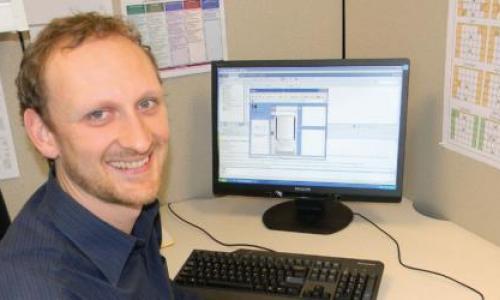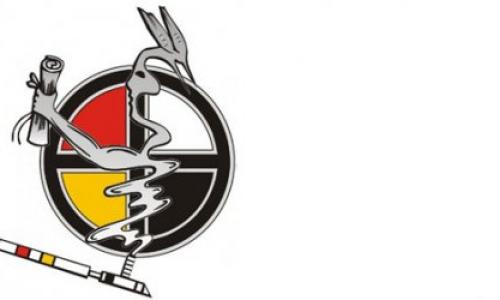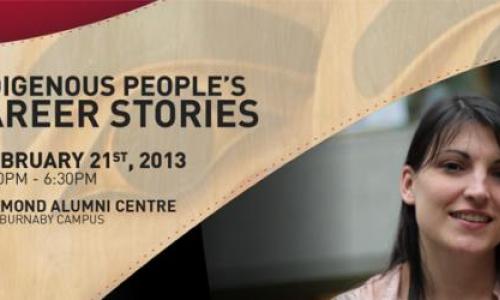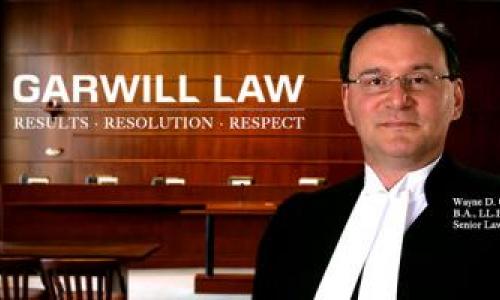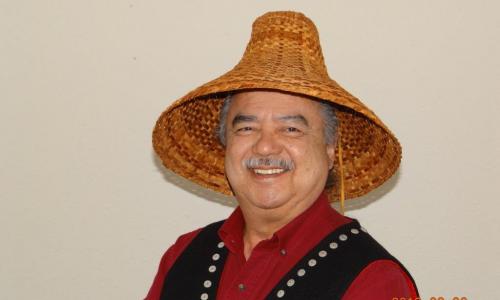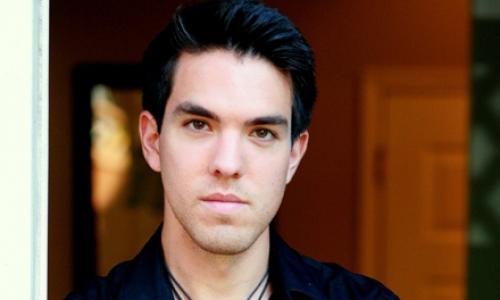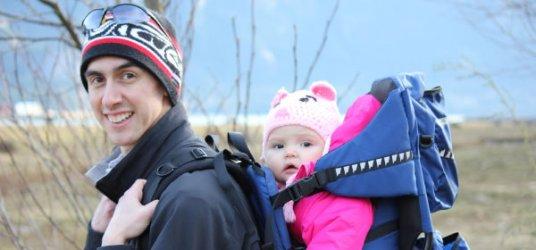
Cody Caruso, Heiltsuk. First Nations Health Authority
Cody Caruso is from the Heiltsuk community of Bella Bella, he holds two names from this territory and maintains strong cultural connections with the land there and the people who reside on it. He Graduated from UBC in 2010 with a degree in Human Kinetics, while his degree had a particularly heavy science background, Cody was able to supplement his education with focus on traditional wellness, holistic health and Aboriginal ways of knowing.
Following his education, Cody returned to Bella Bella to work in conservancy research and management, helping the Heiltsuk to make important marine and land use decisions. While, sharing trails with grizzly bears and jigging for halibut wasn’t a bad career choice, he returned to the lower mainland to pursue his passion of health, entering an internship with the Ministry of Health and BC Medical Association.

Following 9 months at the government level, he finished his internship program with the First Nations Health Authority, ultimately leading him to full-time employment with the organization. He is currently leading an initiative to help address the shortage of Aboriginal health professional in the province, inspiring youth and students to be curious about what a career in the health field can offer.
Why have you chosen to work with FNHA?
I chose to work at the FNHA because of the opportunity we have to make a huge difference in the people we work with and for. We at the FNHA are currently working towards transforming the health system with BC First Nations for the better, for the healthier. How often do you get to be part of something so transformative, so innovative? That was my original draw. I get to work for an organization that shares my personal values and visons in regards to health. I get to work for an organization that has the opportunity to change the lives of so many people, who wouldn't want to be part of something that monumental.
The FNHA works, understands, values, and continues to educate itself on health as a whole. Health encompasses all aspects (mental, physical, emotional, social, spiritual, etc.) and having the chance to work and be surrounded by those understandings is incredible. To oversimplify it, the FNHA presented me the opportunity to change peoples lives, it presented me the opportunity to change my life, that is why I am here.
What steps did you have to take to get in this type of position?
It started with education, followed by working within my own community to help begin to put my education to practice and gain experience. Lastly, entering into an internship program, which help me nurture my passions and find a meaningful job within the field. I spent a year with the Aboriginal Youth Internship Program, working with the BC Medical Association alongside the Ministry of Health on an initiative helping British Columbians find a family doctor.
This nine month placement gave me a great view of our health system in the province and it helped me begin to build relationships with people and organizations that I'd be working with if I chose a similar path as I was during the placement. Following the nine months at the government level, I chose to finish my internship with the First Nations Health Council and then the interim First Nations Health Authority. This brought together my education, skills, experience and passion into the First Nations health world, a place I knew I wanted to be since beginning post-secondary studies. Following the conclusion of my internship, I was offered a full time position with the FNHA doing something that I love.
Funny how life works sometimes, it just happens by design or not. But without opening as many doors for myself through education and work experience, I would have never been able to land the job I have today. Education got me in the door to the field - skills, abilities, experience help me to excel in the work, and networking and relationship building ultimately landed me a job at the end.
What impact do you feel you are making?
Personally, I have the wonderful opportunity to inspire youth to be curious about what a career in the health field can offer. I get to work on a daily basis to help youth understand their potential and that's a powerful thing. Working in the health field we have the opportunity to change and save lives - is there anything better than that? Knowing that I can be part of the reason that a student goes on to become a doctor or nurse, or naturopath or therapist or a policy analyst or community health worker or an educator and they are going on to change the lives of thousands of people, it truly is a privilege. I may only reach one person today, tomorrow, this month, or this year but knowing that that one person is going on to reach so many others, it makes my heart feel good.
What advice do you have for other Indigenous students about choosing this type of career path?
The path to a career in the health field starts with education. I can't stress that enough - need it, want it, and pursue it. It will open so many doors for you. Dedicating time and effort into making the most out of your education starts right now.
"Students need to understand that each paper they write, test they take, or presentation they make, counts."
Momentum created with high grades in grade 8, 9, and 10 carry over into the senior years of high school where you are writing provincial exams and beginning to take pre-requisite courses that can make for a successful application and transition into post-secondary school. College and University programs are becoming increasingly competitive to get into, especially in health and the work you put in ahead of that will only open more doors for you.
For those already pursuing post-secondary studies or having graduated, note that education does not end with that little piece of paper with your name on it. Now is the opportunity to round out your studies with experience, I like to think that education helps in getting a job but experience helps you excel at your job. Be open to any opportunities that come your way with regards to work experience placements, internships, volunteer opportunities, and practicums. These are opportunities to learn lessons that can't be taught in textbooks. They also have a very high success rate in regards to finding employment after the position ends. The more you can network early on in your career the better chance you have at landing a job that you may have not known about or been considered for otherwise.
Of course, this isn't advice I have for my particular career specifically or even health for that matter. Anyone would probably tell you the same whether they are in health, business, trades, etc.
In regards to health though, I'd encourage youth to be curious about what a career in the fields can offer. Health is one of the fastest growing industries in terms of employment opportunities. We have an aging population in BC, not only will these 'baby boomers' be retiring in the very near future but they also will be relying on and accessing health services more and more often. At the same time this is happening we have a First Nations population in BC that is the fastest growing demographic and getting younger.
We as Aboriginal Youth bring skills in multicultural awareness, technology, and communication, to name a few, that are highly sought after in the field, but like I mentioned before we can't apply them without education. Lastly, our understanding of health has never been broader, it has never be valued as much. We are starting to understand as a whole that things like your culture, language, traditional foods, and medicines are just as, if not more important as something like easy access to a physician. Health encompasses all, it's part of our daily lives, without it we aren't here. Those are three examples of what creates this fantastic opportunity in the health field for young, educated, skilled, experienced, passionate First Nations and Aboriginal youth. Of course, job growth and security, diversity (jobs for all levels of education, experience, and interests), excellent pay and benefits, the opportunity to save and change lives, and community needs aren't bad reasons to choose a career in the health field either.

The First Nations Health Authority (FNHA) is a health service delivery organization created and mandated to support BC First Nations to implement a number of guiding agreements and documents seeking to elevate BC First Nations health outcomes through the creation a more effective health care system. Our organization is part of a unique First Nations health governance structure that includes political representation and advocacy through the First Nations Health Council, and technical support and capacity development through the First Nations Health Directors Association. As an operational health service delivery provider the First Nations Health Authority is being transferred the programs, services, and responsibilities currently handled by Health Canada’s First Nations Inuit Health Branch – Pacific Region.
We are at an interesting time at the First Nations Health Authority as a whole; a time that reflects tremendous opportunity and growth. As we continue to grow and evolve we will count on you to contribute, collaborate and share your ideas and expertise in building our organization.
Health and Wellness has never been more important than at the present times. Reinforcing our unique values and culture will set us apart. Career opportunities are incredibly diverse as there are jobs for all levels of interests, education, and skills. Whether it’s the business of health, the promotion of health, the prevention and healing of illness, the study of health, or managing and supporting projects and people, opportunities are endless.
We are hiring for a variety of positions and we are looking for candidates with the following qualifications:
-
College/University certification or a combination of education and experience
-
Experience with working with BC First Nations organizations
-
Excellent understanding of and experience with BC First Nations communities
-
Excellent communication skills
-
Ability to use a variety of office tools
If you feel that you are the right fit for our organization, you are encouraged to email your resume and cover letter careers@fnha.ca for any posted position that you may be interested in or future opportunities that may arise.
Be a part of our historic transformation!
Thank you,
Samantha Dias, CHRP
Human Resources Advisor









